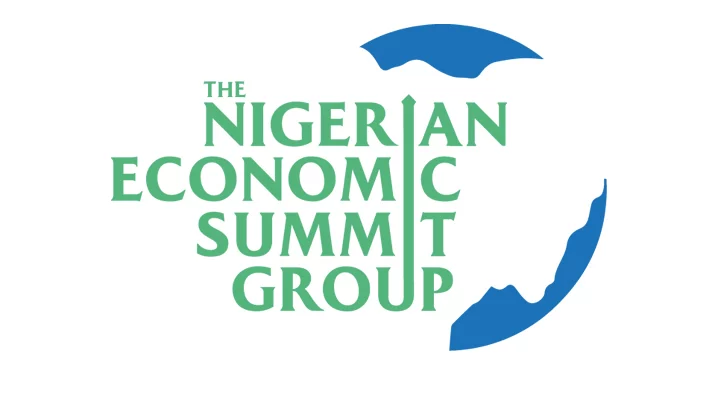Nigeria’s low level of industrial manufacturing is at the core of the slow structural transformation of its economy, with dominance of primary sectors, the Nigerian Economic Summit Group (NESG) has said.
NESG said the situation has also been partly perpetuated by the escalation of tariffs on exports of manufactured goods from Africa.
For NESG, there is a need for Nigeria to wake up and take advantage of the 4th industrial revolution. “We have to rapidly diversify our economy, and add value to everything that we produce. Exporting raw materials only leads to vulnerabilities and no nation or region has succeeded by simply exporting raw materials,” the policy thinktank stated.
Nigeria’s development trajectory has been based on the export of raw materials and natural resources. Nigeria has abundant natural resources, oil, gas, minerals, metals, agricultural and forest products, and the blue economy.
With her potential wealth, Nigeria’s natural resources are enough to make it one of the wealthiest places on earth, but tragically and ironically, Nigeria’s massive natural resources have not translated into wealth that benefits her citizenry.
In a news statement that was issued yesterday, the economic thinktank said the reason for this ranges from the simple to the complex. A dependency on the export of raw commodities, with very little or no value addition, or in more simpler terms, a lack of industrial manufacturing, Nigeria basically exports natural resources and import manufactured products.
“It is a race to the bottom for our dear nation, where the only assured commonality, in the face of limited industrial manufacturing, is rising poverty, export of jobs, vicissitudes of volatility of commodity prices, and import dependency,” the hard earned foreign exchange is used to support a high propensity for imported goods, machinery, equipment and raw materials, to support industries.
Through the years, Nigeria has formulated diverse policies. However, adequate execution of relevant policies have been almost non-existent. For example, in the agricultural sector, which has consistently been a major contributor to GDP, there have been multiple policies addressing the issue of poverty alleviation. In recent times, this has not changed as several developmental policies have sprung up addressing the need for economic diversification.
In 2020, the “Vision 2020” was developed and while the objectives were not achieved, the National Development Plan was then developed in 2021 with the same developmental agenda.
The group said poor execution capacity of Nigeria’s government can be attributed to poor citizens’ engagement and lack of accountability framework for leaders and bureaucrats; weak multi and across-level policy coordination which undermines effective implementation, etc.
To combat this, “transparency and accountability in the framework of policy setting and execution are important. Transparency is the openness to the public eye, and it facilitates accountability by mitigating information asymmetry.”
According to the NESG, in addition to openness in policy setting and execution, there is a need for ongoing monitoring and performance evaluation of government actors to ensure the early identification of problems and opportunities. It curbs the problem of abandoned initiatives and programmes which is prevalent in Nigeria and ensures the realization of policy goals, NESG said.





